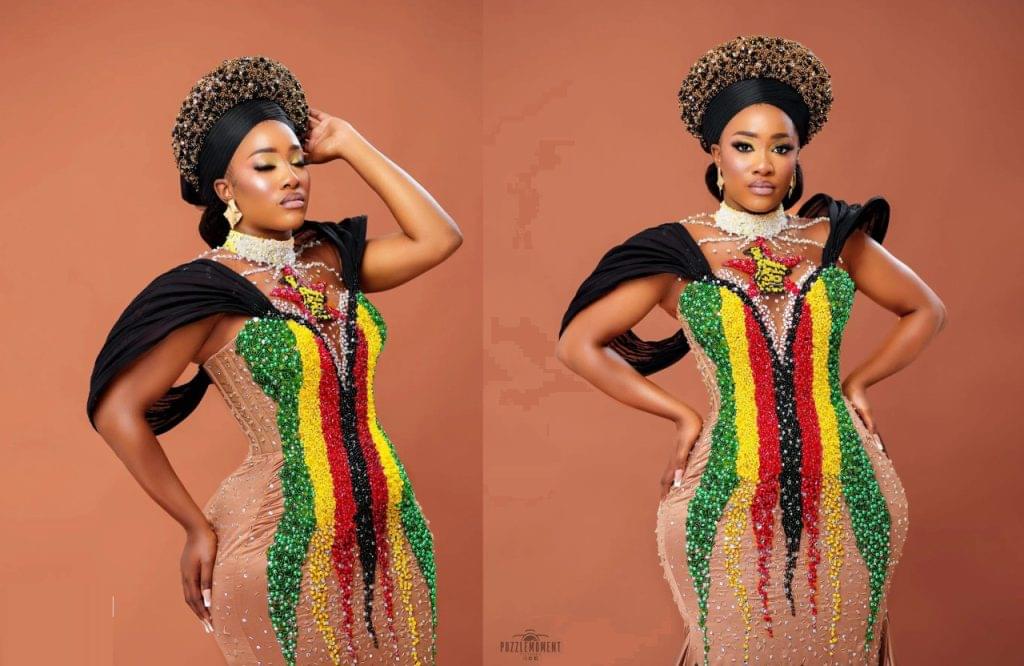In the fast-paced world of social media stardom, where fame can be as fleeting as a viral post, Better Kudakwashe Madhuyu and Kylie Tonsani, better known as Tytie and Kiki, seem to have it all.
Their glamorous lifestyle and engaging content has earned them a massive following, turning them into household names among their fans.
However, their glittering facade was recently tarnished by a legal battle that would shake their social media empire.
It all started with a lawsuit filed by Moreboys Munetsi, a respected lawyer whose reputation had been painstakingly built over years of hard work and dedication to his profession.
Munetsi alleged that Tytie and Kiki had recklessly besmirched his character on their social media platforms. They had publicly branded him as “evil” and a “liar,” accusations that Munetsi vehemently denied and argued were completely baseless.
But it didn’t end there. Tytie and Kiki, with their vast online influence, allegedly took it a step further by disclosing Munetsi’s personal mobile number to their legion of followers.
ALSO READ: Actress Connie Chiume’s passing raises questions: Is Zimbabwean Prophet Obey a true seer?
This action, according to Munetsi, resulted in a flood of unwanted calls and messages, causing significant distress and harm to his personal and professional life.
Faced with such serious accusations, Munetsi did not take the matter lightly. He promptly reported the incident to the authorities, seeking justice for what he believed was a deliberate attempt to malign his reputation.
The case eventually found its way to the prestigious halls of the High Court of South Africa, Western Cape Division, located in the bustling city of Cape Town.
In the courtroom, the atmosphere was tense as legal titans clashed over the weight of words uttered in the digital realm.
Representing Munetsi was Advocate Isiah Mureriwa, a seasoned litigator known for his sharp intellect and eloquent arguments. Supported by legal instructions from Simbarashe Kanyoka, Mureriwa meticulously presented the evidence that painted Tytie and Kiki’s online behavior as irresponsible and damaging.
The proceedings were closely watched by both traditional media and the digital world alike, as the outcome held implications for how social media influencers wielded their influence and responsibilities. The defense, on the other hand, argued vehemently that Tytie and Kiki were merely expressing their opinions within the bounds of free speech, a cornerstone of modern communication in the digital age.
After days of deliberation and intense scrutiny of the evidence presented, the judgment finally fell like a hammer. The court ruled in favor of Munetsi, delivering a stern rebuke to Tytie and Kiki.
The presiding judge highlighted that while freedom of expression is essential, it does not absolve individuals from the consequences of spreading falsehoods that harm others’ reputations unjustly.
As the verdict reverberated through the digital landscape, Tytie and Kiki faces not only a legal defeat but also a public relations crisis.











